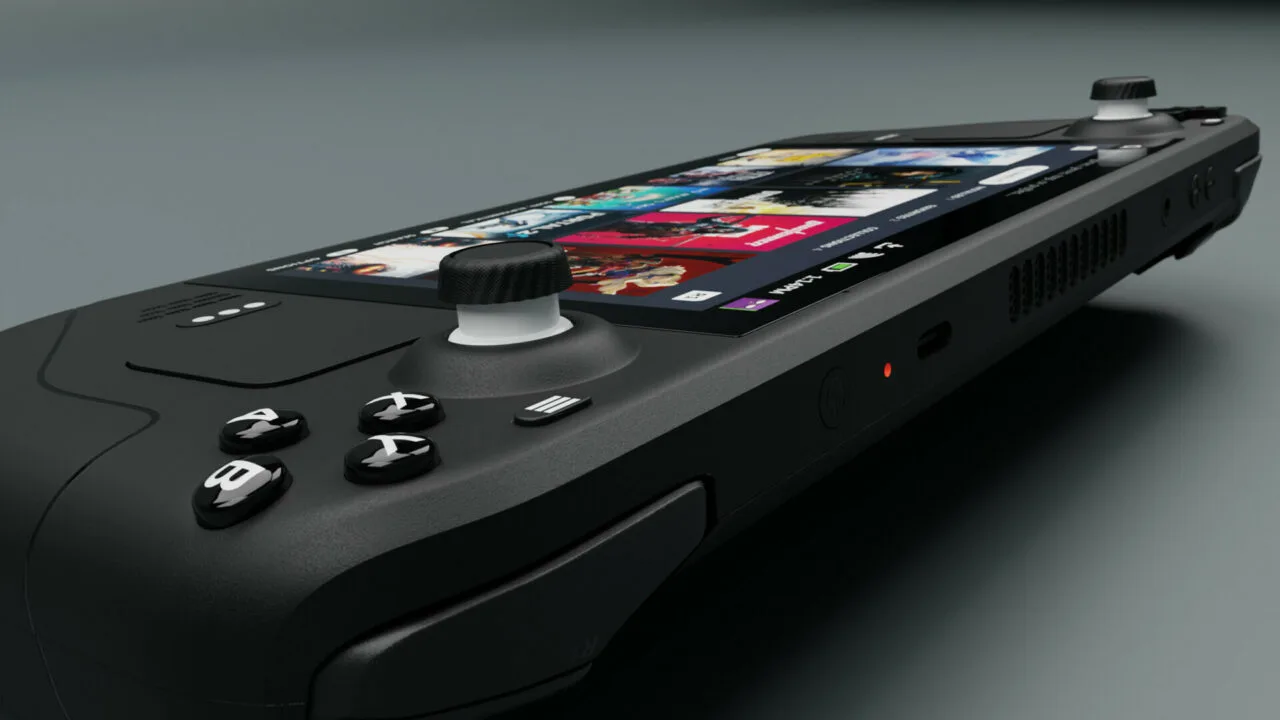Still, I'm working off the data we have. I wouldn't make the assumption it's been successful or unsuccessful. We can look at known failed steam hardware such as the steam link, controller, and the steam machine partnership. All 3 served the same niche and weren't successful. That said, we don't know what success looks like. Was the Vive successful? Was the index? https://en.wikipedia.org/wiki/Steam_Controller#Release_and_reception shows that there were a million units sold and while differently priced than the steam deck, still similar in sales to the steam deck.
Also, Valve is already confirmed a Steam Deck 2 is on the way and shortly: https://www.pcworld.com/article/1555020/valve-says-the-steam-deck-2-is-years-away.html so it's not that the original Steam Deck is a "failure" as it is an experimental piece of hardware created to make a jumping off point for Valve into the console market. That said, if I truly had to guess, and this is just a guess, Valve probably didn't make their money back on the console. It's an investment into the console market and success is determined by different things. Valve would have likely seen the Steam Deck as a success as long as it didn't have major hardware failures and did what was asked of it. Which it does. It's absolutely what you ask for when you ask for a handheld PC. So, that's why Valve might not need CoD on the Steam Deck. It's not trying to outsell a Switch or XBox. It's trying to gain a foothold and not be a disaster. It successfully did that.
Lastly, It's important that hardware is typically sold not for profit but to get people in the door to the console ecosystem. Buying games is where it's at and Valve already has a major step up on that. Steam didn't need CoD but Valve needed CoD (and other games) to get to this point where they can fail or not even seek profitability on hardware to expand their store audience.


